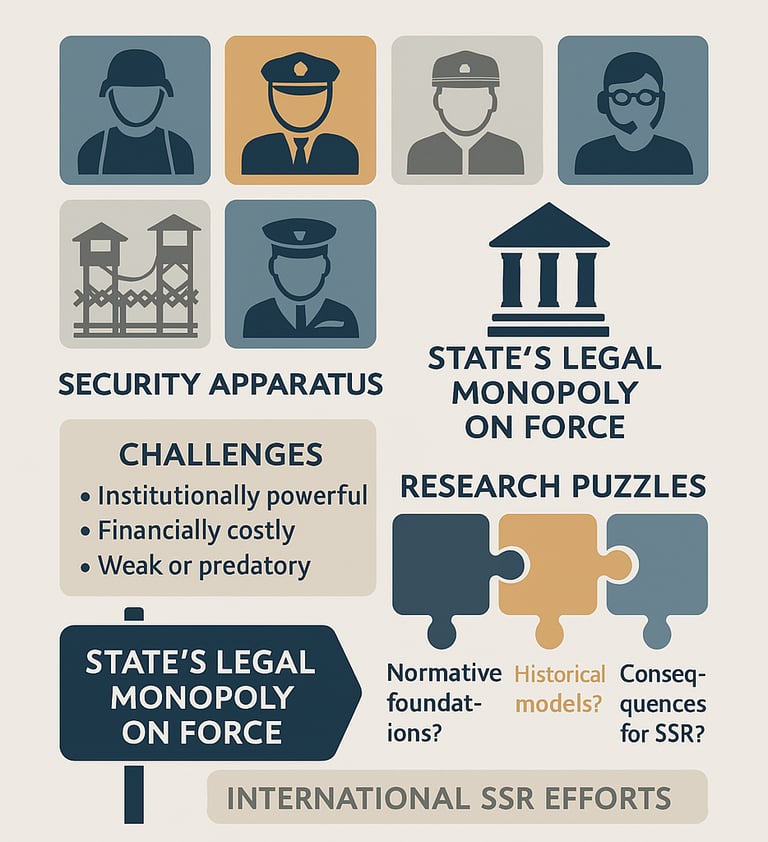Oligopoly of Violence & State Re-formation
My doctoral project and thesis critically examined the dynamics of political violence and order formation, focusing on the transformation from a monopoly of violence to an oligopoly of violence.
Grounded in the Syrian conflict, and based on fieldwork and novel security events dataset, the thesis identifies distinct forms of oligopolies of violence: dominated, contestable, and dynamic, with varying levels of perceived and objective insecurity, and thus, differences in ordering and stability.
The thesis calls for re-imagining post-conflict political orders, moving beyond the binary of state failure versus Weberian monopoly to unlock new pathways for understanding political reordering and state reformation.
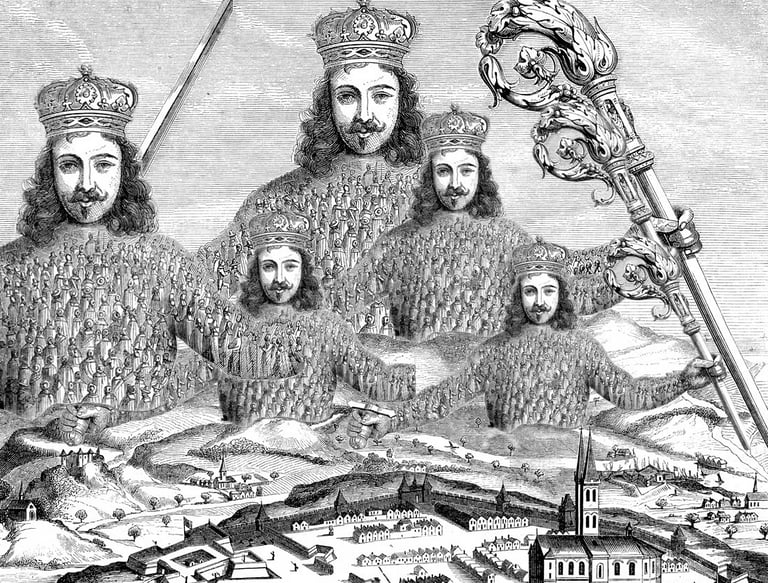

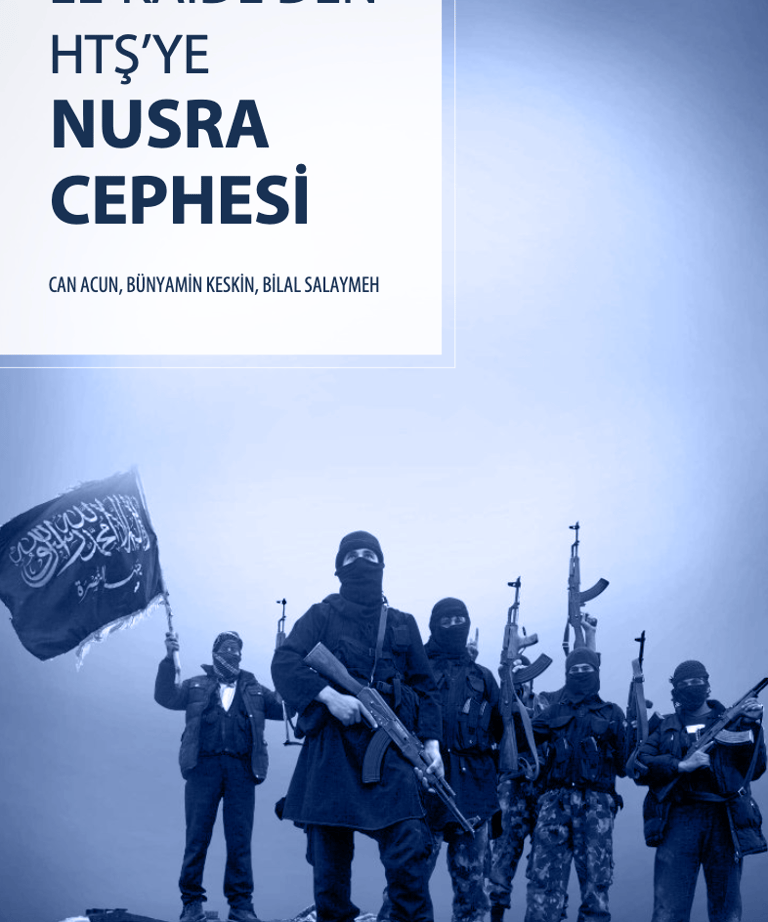

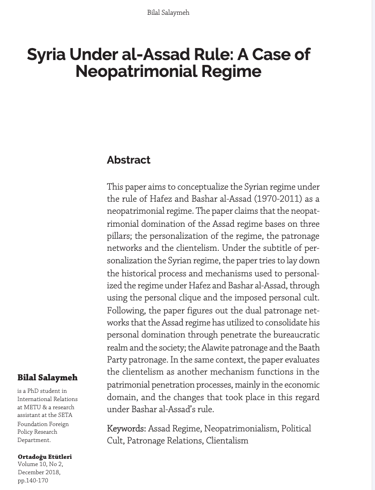

Syrian Conflict
For over 13 years, I have been closely following, researching, and writing on the Syrian conflict. My work includes contributions to academic journal articles, book chapters, policy papers, and commentaries.
I have also been involved in related research and policy projects.
The Impact of Shifting World Politics on Peacebuilding
As a doctoral researcher, I was part of the project “A Child of its Time: the Impact of World Politics on Peacebuilding.” which investigates how the shifts from a unipolar to a multipolar world order influence UN peacebuilding.
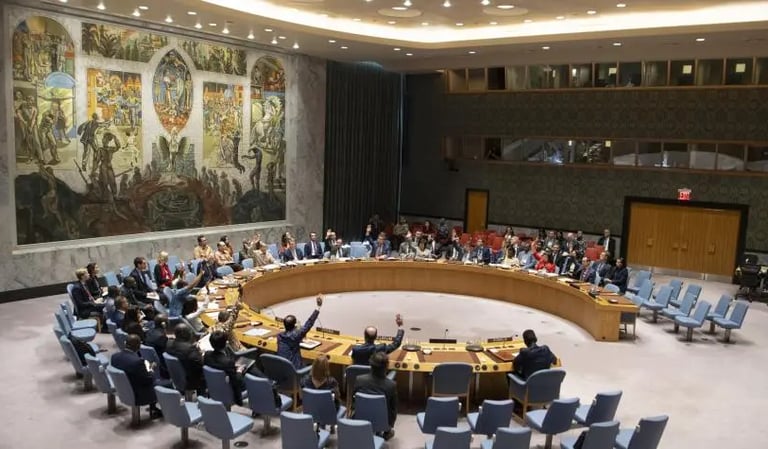

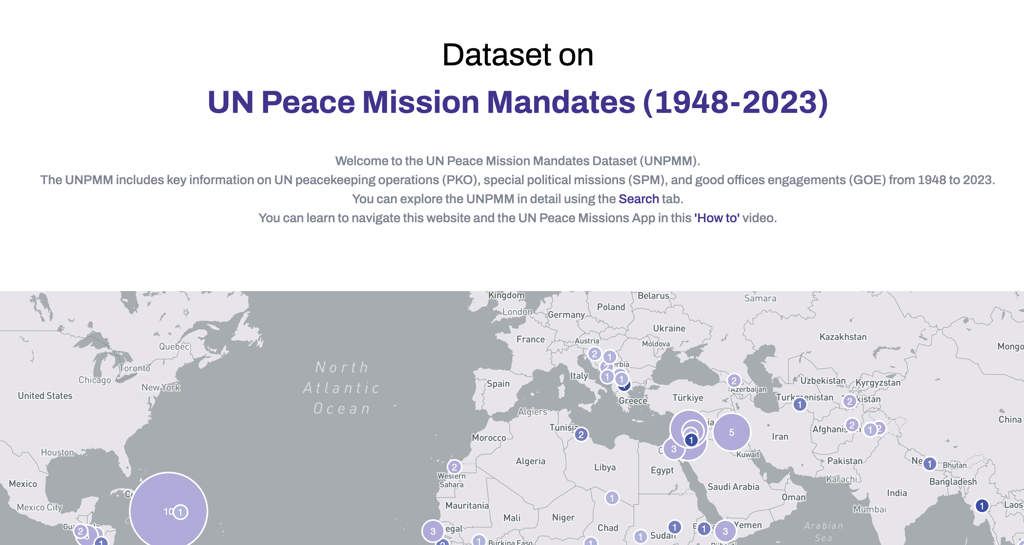

I co-authored a couple of academic articles, and contributed to the building of he United Nations Security Council Peace-related Speeches (UNSCPeaS).
Check out our United Nations Security Council peace-related speeches dataset
I contributed to the UN Peace Mission Mandates dataset
Check out our search tool, explore our Digital Exhibition & download the App
State-building and the Global Practices of Security Sector Reform
As a Postdoctoral Researcher on the multi-year project “State-building and the Global Practices of Security Sector Reform”, I contribute to collecting cross-national and longitudinal data on the scope, scale, duration, type and focus of security sector reform (SSR) projects worldwide, and engage in systematic analysis of the conditions or definitions of success and failure that could inform global SSR practices. The project questions the normative and conceptual foundations, and the historical experiences of the states and institutions that are taken as models of global SSR practices.
